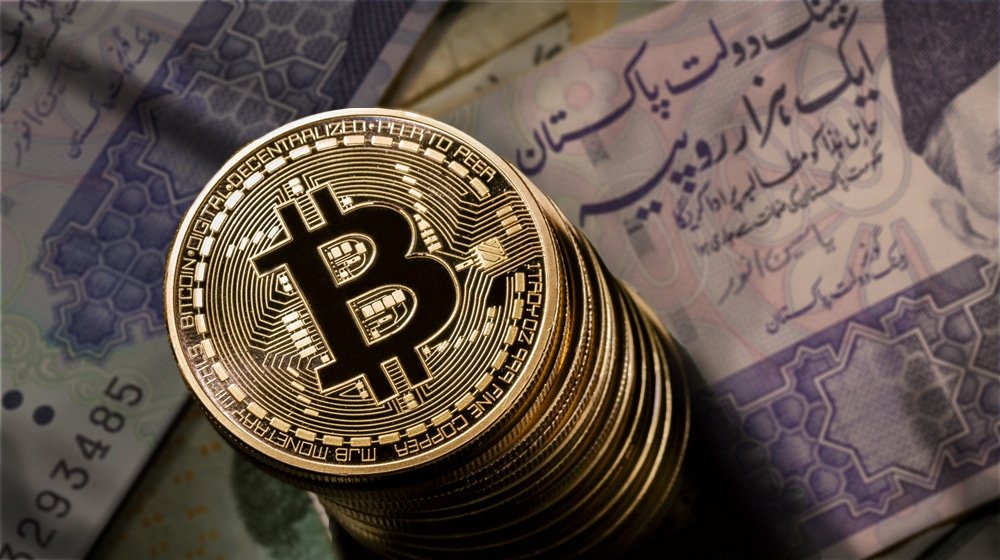The Senate of Pakistan is set to deliberate on the Virtual Assets Bill 2025, a private member’s bill introduced by Senator Dr. Afnan Ullah Khan. The proposed legislation aims to regulate the rapidly growing domain of virtual assets, including cryptocurrencies and blockchain-based technologies, while also paving the way for the launch of a Digital Rupee backed by the Pakistani Rupee (PKR).
The bill seeks to establish a comprehensive framework for the issuance, use, trading, and regulation of virtual assets in Pakistan. It also proposes the creation of virtual asset zones to ensure financial stability, protect investors, prevent illegal activities, and provide a legal foundation for the Digital Rupee to be recognized as authorized legal tender under central bank regulations.
Key Features of the Virtual Assets Bill 2025
The bill outlines detailed guidelines for the registration and licensing of virtual currency zones, exchanges, and service providers. It also mandates compliance with anti-money laundering (AML) and counterterrorism financing (CTF) regulations to ensure transparency and accountability in the virtual currency market. Regular audits and reporting by entities managing and trading virtual assets will be required to foster trust in Pakistan’s financial system.
National Virtual Assets Regulatory Commission
If passed, the bill will establish a National Virtual Assets Regulatory Commission to oversee the implementation of the law. The commission will be tasked with:
- Understanding the risks, vulnerabilities, and efficacy of virtual assets.
- Developing a legal and regulatory framework for managing virtual assets.
- Licensing and registering virtual asset zones, exchanges, and service providers.
- Monitoring the issuance and maintenance of PKR-backed virtual assets.
- Auditing virtual asset transactions and ensuring compliance with AML/CTF standards.
- Enforcing penalties for non-compliance and ensuring customer due diligence.
Virtual Assets Zones
The bill proposes the designation of Virtual Assets Zones in specific regions, with a preference for areas with underutilized or idle power plants capable of generating surplus electricity through renewable energy. These zones will be licensed and monitored by the commission, which will maintain a public register of licenses, enforcement orders, and revoked licenses. The register will also allow the public to inspect and lodge complaints.
Licensing Requirements for Exchanges and Service Providers
The commission, in collaboration with relevant ministries, will issue licenses to virtual currency exchanges and Virtual Assets Service Providers (VASPs) operating in Pakistan. Applicants must provide:
- Proof of business registration.
- Evidence of financial stability.
- AML/CTF compliance measures.
- Cybersecurity protocols.
Tax Incentives and Foreign Investment
To encourage the growth of the virtual assets sector, the government will offer several incentives:
- Tax Relief: Reduced corporate taxes for virtual asset zones during the first five years of operation, subject to AML/CTF compliance.
- Foreign Investment: A three-year tax exemption for foreign investors contributing to local blockchain projects or power plants.
- Revenue Allocation: One-third of revenue generated from virtual asset operations will be allocated to local infrastructure development and blockchain education programs.
Digital Rupee and Blockchain Development
The bill also emphasizes the development of a Digital Rupee, backed by the PKR, to modernize Pakistan’s financial system. The government aims to attract foreign investment and promote blockchain technology by offering tax exemptions and allocating resources to education and infrastructure.
The Virtual Assets Bill 2025 represents a significant step toward regulating cryptocurrencies and blockchain technology in Pakistan. By addressing key issues such as financial stability, investor protection, and compliance with international standards, the bill aims to position Pakistan as a competitive player in the global digital economy. If passed, it could unlock new opportunities for innovation, investment, and economic growth in the country











